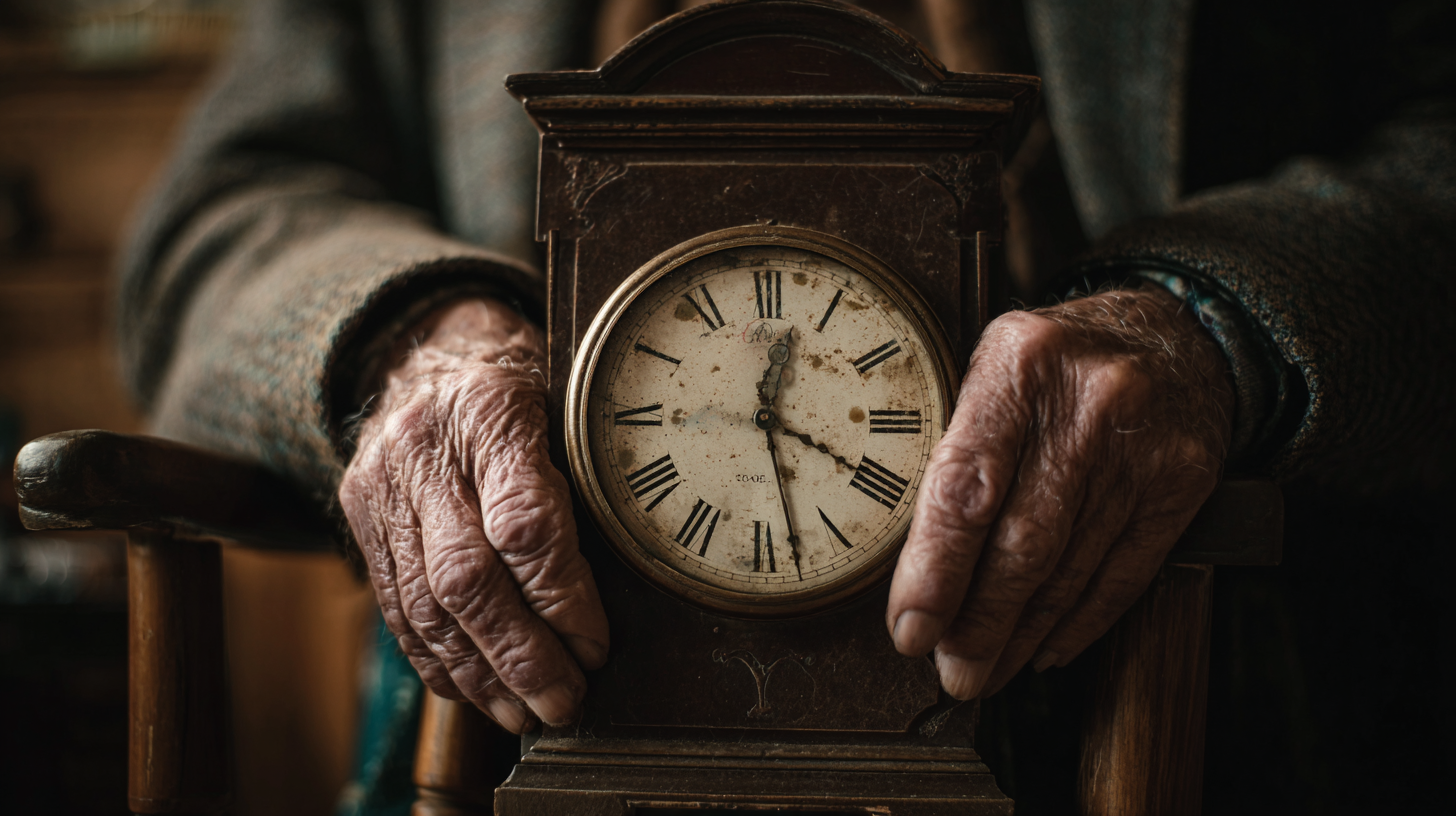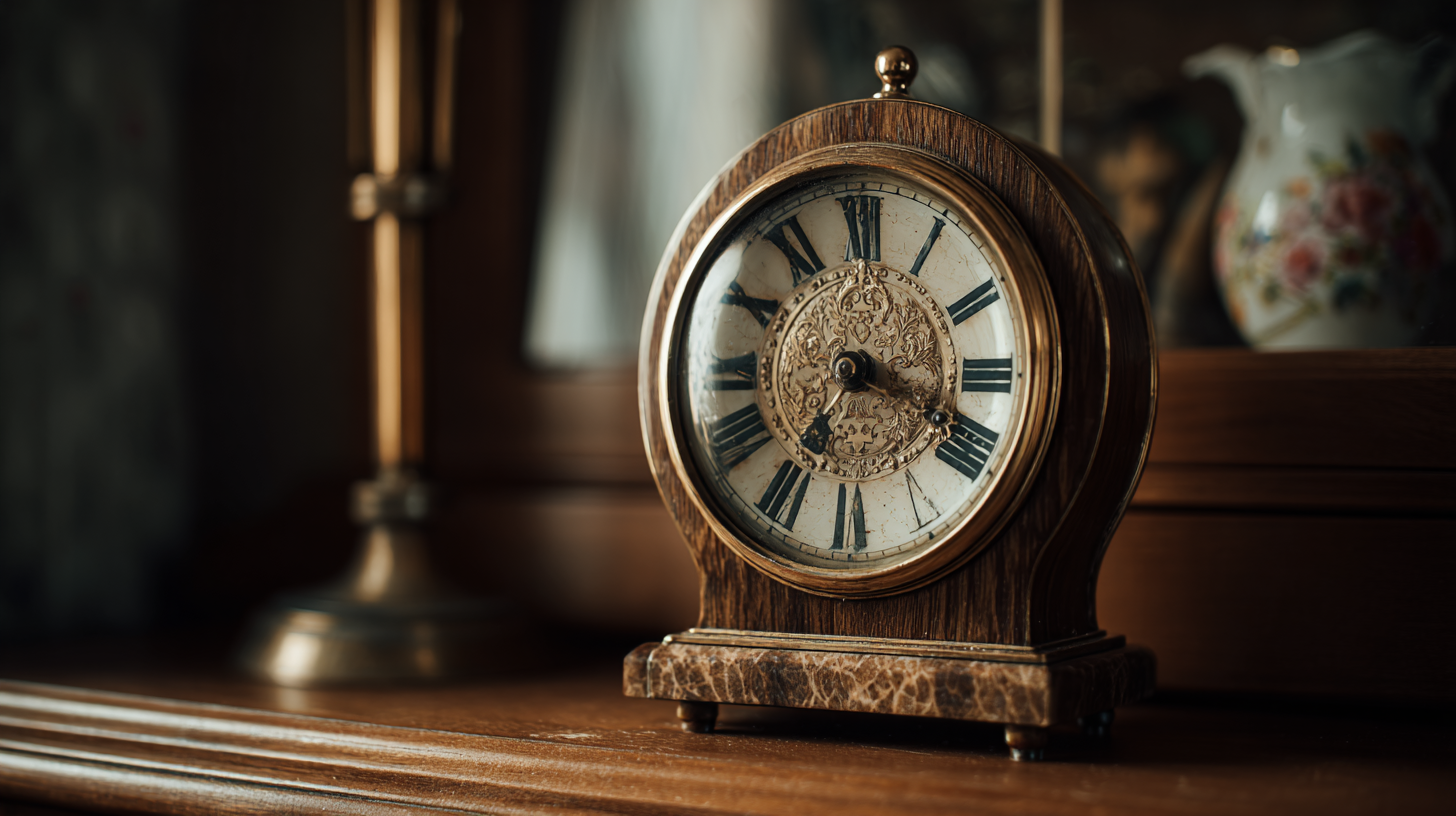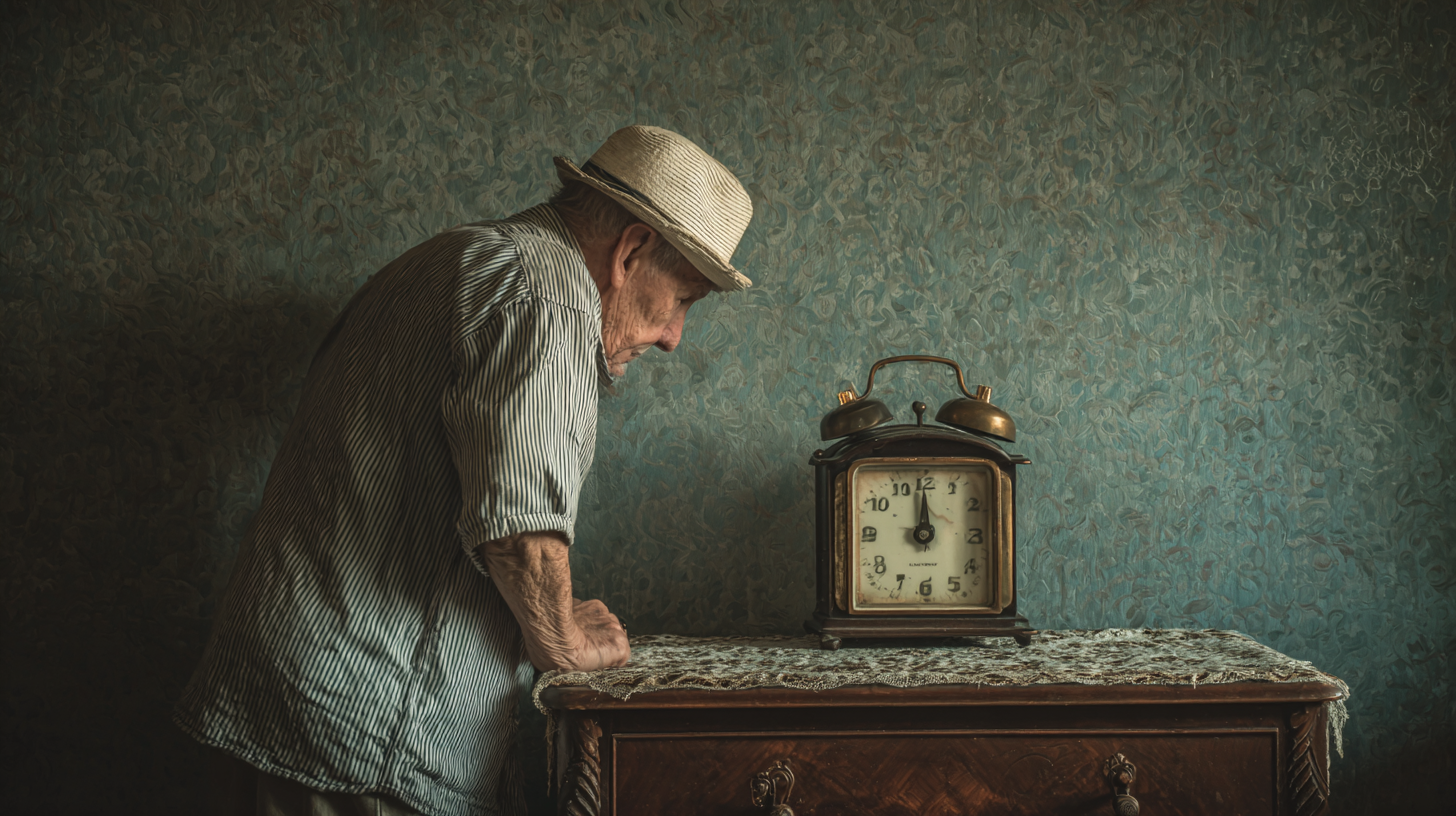In an increasingly aging population, maintaining independence is a crucial aspect of senior living, and one essential tool that can aid in this endeavor is the Elderly Clock. Unlike traditional clocks, these specially designed timepieces cater to the unique needs of seniors, providing features that enhance usability and accessibility. From large, easy-to-read displays to audible time announcements, the right Elderly Clock can help older adults manage their time more effectively, fostering a sense of independence and confidence in their daily routines.

Choosing the perfect Elderly Clock requires understanding the individual needs of the senior and the specific features that can best serve those needs. In this guide, we will explore the key considerations and options available, ensuring that seniors can select a clock that not only tells time but also enriches their quality of life.
When selecting a clock for seniors, it's essential to understand their unique needs to promote independence and well-being. Seniors often face challenges such as diminished vision, memory issues, or difficulty with fine motor skills. Therefore, choosing a clock that is not only functional but also user-friendly is imperative.
One of the first tips is to look for a clock with large, clear numbers and high contrast colors. This can make a significant difference for those with visual impairments. Additionally, some clocks come with backlighting or a night mode feature, which can help seniors read the time easily during low-light conditions.
Another consideration is to opt for clocks that have simple operations and fewer buttons. Clocks with audible alarms or reminders can assist seniors in keeping track of daily schedules, such as medication times or appointments. Voice-activated clocks can also be a great choice, allowing for hands-free usage, which is beneficial for individuals with limited mobility or dexterity.
When choosing an elderly-friendly clock, one of the most important features to consider is visibility. A clock with a large, clear display is essential for seniors who may have difficulty seeing smaller fonts. Opt for models that utilize bold numbers and high-contrast colors to enhance readability. Additionally, consider clocks with a backlight feature for improved visibility in low-light conditions, which is especially beneficial for nighttime use.
Another key feature is simplicity of operation. Clocks with straightforward interfaces and easy-to-use functions will help seniors maintain their independence without the frustration of complex settings. Look for models with intuitive buttons that don't overwhelm users with too many features at once. Alarm features should be straightforward and adjustable, allowing seniors to set their wake-up times without hassle.
Furthermore, incorporating natural elements like calming sounds or vibrations can enhance the waking experience for seniors, promoting a more pleasant start to the day. In today’s fast-paced world, providing a clock that caters to the unique needs of the elderly can greatly contribute to their sense of independence and well-being.
When it comes to selecting the perfect clock for seniors, understanding the various types available is crucial for promoting independence. Digital clocks are increasingly popular among the elderly due to their clear displays and intuitive features. According to a report by the American Association of Retired Persons (AARP), nearly 74% of seniors prefer digital clocks because they often have larger fonts, bright screens, and additional features like alarms that can aid in remembering medication times. Furthermore, many digital clocks now come equipped with voice assistance technology, making it easier for seniors to inquire about the time without needing to strain their eyesight.

On the other hand, traditional analog clocks remain a timeless option. Studies indicate that while their face may be more challenging for some seniors to read, the familiar circular design helps many to quickly understand the passage of time. A survey conducted by the National Institute on Aging found that about 63% of elderly individuals reported feeling more comfortable with analog clocks due to their traditional look, associating it with a sense of nostalgia. Moreover, some modern analog clocks now incorporate features like glow-in-the-dark hands or large, bold numerals, which can enhance visibility and usability for seniors who may experience vision impairments. Ultimately, the choice between digital and analog clocks often comes down to personal preference and specific needs related to clarity and functionality.
When choosing a clock for elderly users,
visibility and accessibility are paramount. A clock designed specifically for seniors should feature
large, high-contrast numbers
that are easy to read from a distance. Consider options with bold colors against a white or dark background,
which enhance legibility. Moreover, features such as backlighting or glow-in-the-dark elements can
provide additional clarity, especially for those with diminished eyesight.
Accessibility extends beyond just visibility. Clocks should be user-friendly, with straightforward settings
that do not overwhelm the user. Look for models that have easily accessible buttons or touch screens
that respond well to light touches. In addition, a talking clock can greatly assist seniors who may
struggle to read traditional displays. The right clock not only serves a functional purpose but also
empowers seniors to maintain their independence while fostering peace of mind in knowing they can easily
tell the time in their home environment.

When selecting an elderly clock to enhance senior independence, personalization plays a pivotal role. A well-chosen clock can not only serve as a functional tool but also as a source of comfort and familiarity. For instance, customizing the clock's design, colors, and materials to reflect the personality of the senior can create a more inviting atmosphere in their living space. Incorporating large, easy-to-read numbers and high-contrast colors can significantly aid those with visual impairments, making it easier for them to keep track of time and feel more in control of their daily routines.
Additionally, integrating features such as alarms and reminders into the clock can foster a sense of independence. Seniors often benefit from customized alerts for medication times, appointments, or daily tasks. By choosing a clock that allows for these personalized settings, caregivers can help their loved ones maintain a level of autonomy in their lives. This thoughtful approach not only minimizes reliance on others but also enhances the overall comfort and well-being of seniors, promoting a more fulfilling lifestyle while respecting their need for independence.






